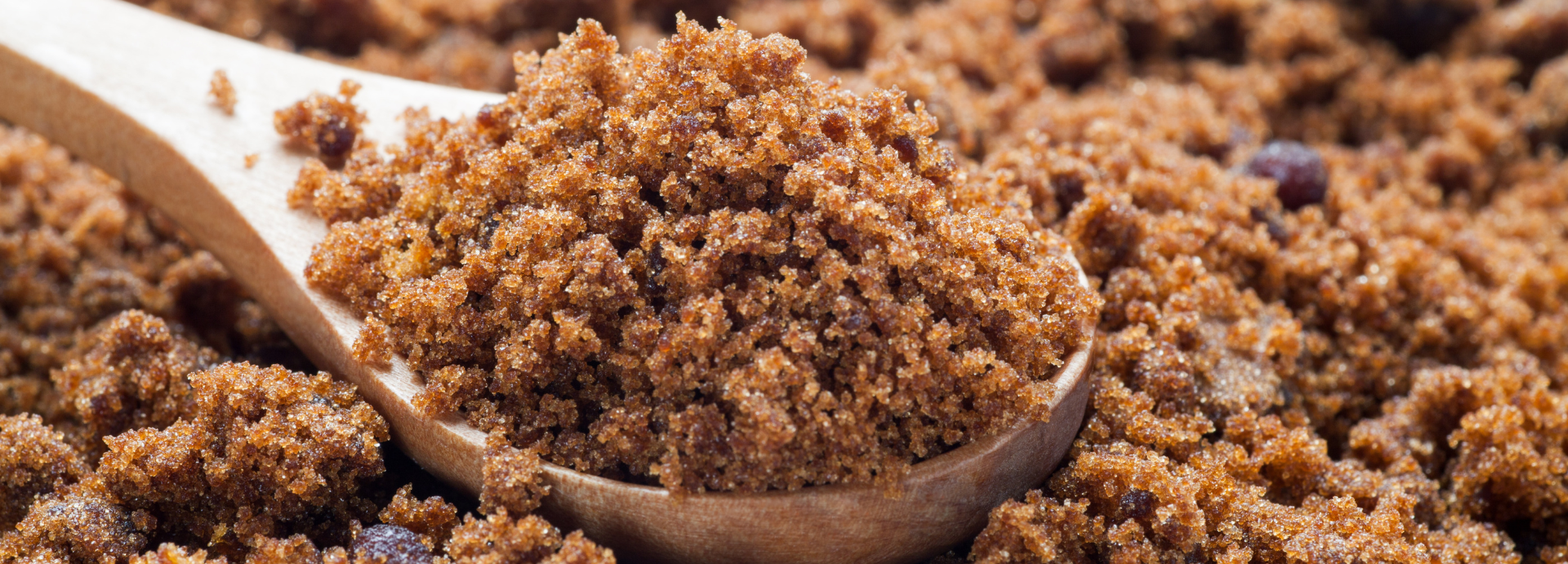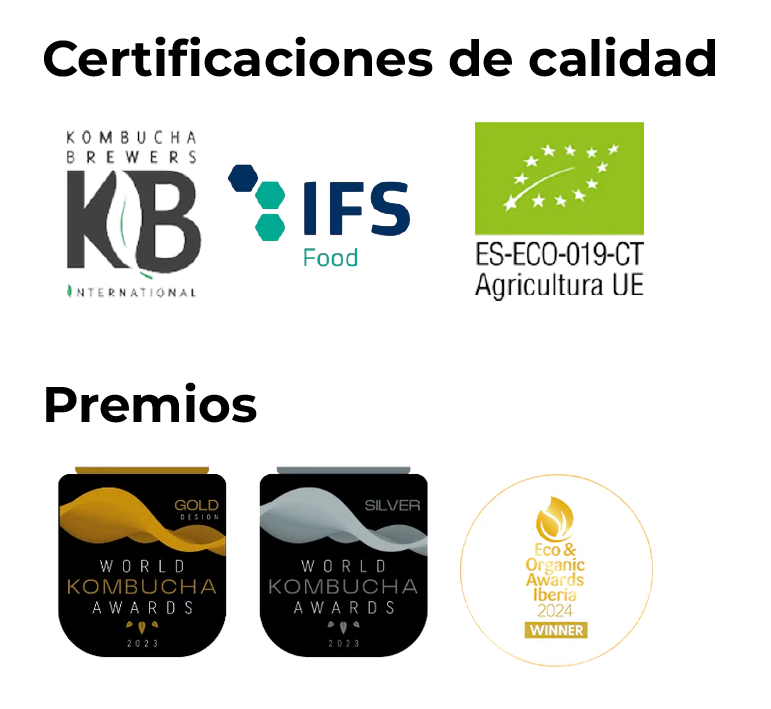
Kombucha without sugar?
Envío gratuito
Envío gratuitos a partir de 40 euros y en todas las suscripciones
Atención personalizada
Respondemos todas tus dudas, por correo, whatsapp, telefóno o señales de humo
Recompensas
Con cada pedido de compra única acumula un 10% para descontar en futuras compras
Pago seguro
Compra tranquilamente siempre.
Tus datos están protegidos al máximo
Try good kombucha with a 10% discount
And receive the best Chinese stories every week. One or two. Depends. Sometimes we are very busy fermenting. It's free. And if you are a competitor, we will give you many ideas.

